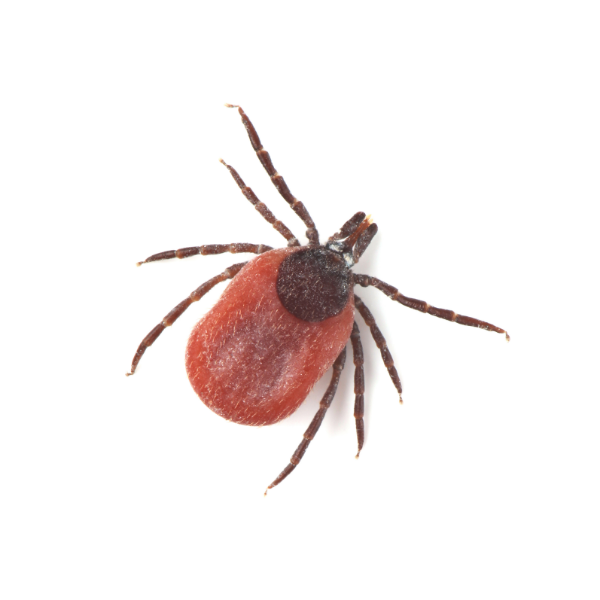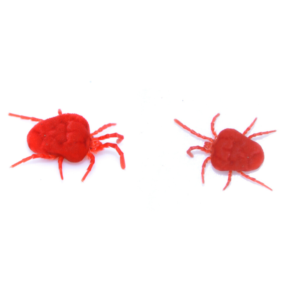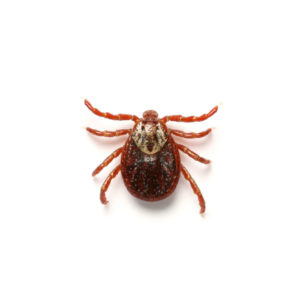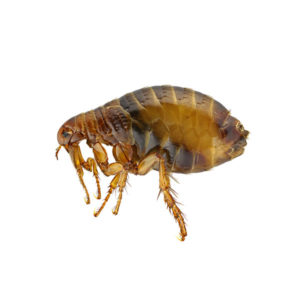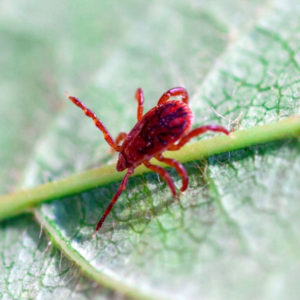Deer Ticks in Central TN
Deer ticks, also known as blacklegged ticks, are the primary carrier of Lyme disease in the United States. Widely distributed across the eastern U.S., they are predominantly found in humid, deciduous forests. Their distribution relies greatly on the distribution of their reproductive host, the white-tailed deer. Both nymph and adult stages transmit diseases such as Lyme disease, Babesiosis, and Anaplasmosis. In 2018, there were approximately 23,558 confirmed cases of Lyme disease, making it the most common vector-borne disease in the United States.
Deer Tick Habitat
Deer ticks live in shady, moist areas at ground level, clinging to tall grass, brush, and shrubs, usually no more than 18-24 inches off the ground. Ticks also live in lawns and gardens, especially at the edges of woods and around old stone walls. Deer ticks will not be found out in the middle of your lawn, preferring yards that border wooded areas. Ticks also live in ornamental plantings and gardens, or any environment that offers available shade, and high humidity.
Deer Tick Behaviors, Threats, or Dangers
Deer ticks bite, and the greatest risk of being bitten occurs during spring, summer, and fall. However, adult ticks may be out searching for a host any time winter temperatures are above freezing. Stages most likely to bite humans are nymphs and adult females. To avoid being bitten, apply an insect repellent containing an EPA-registered ingredient, such as DEET. Also, consider wearing long-sleeved shirts and pants, preferably light-colored so ticks will be easy to detect, and tuck pants into socks. If you are dealing with deer ticks, it’s important to always enlist the help of a professional tick & mite control expert.
Need help with Deer Tick control?
We'll call you! Leave your information below.

